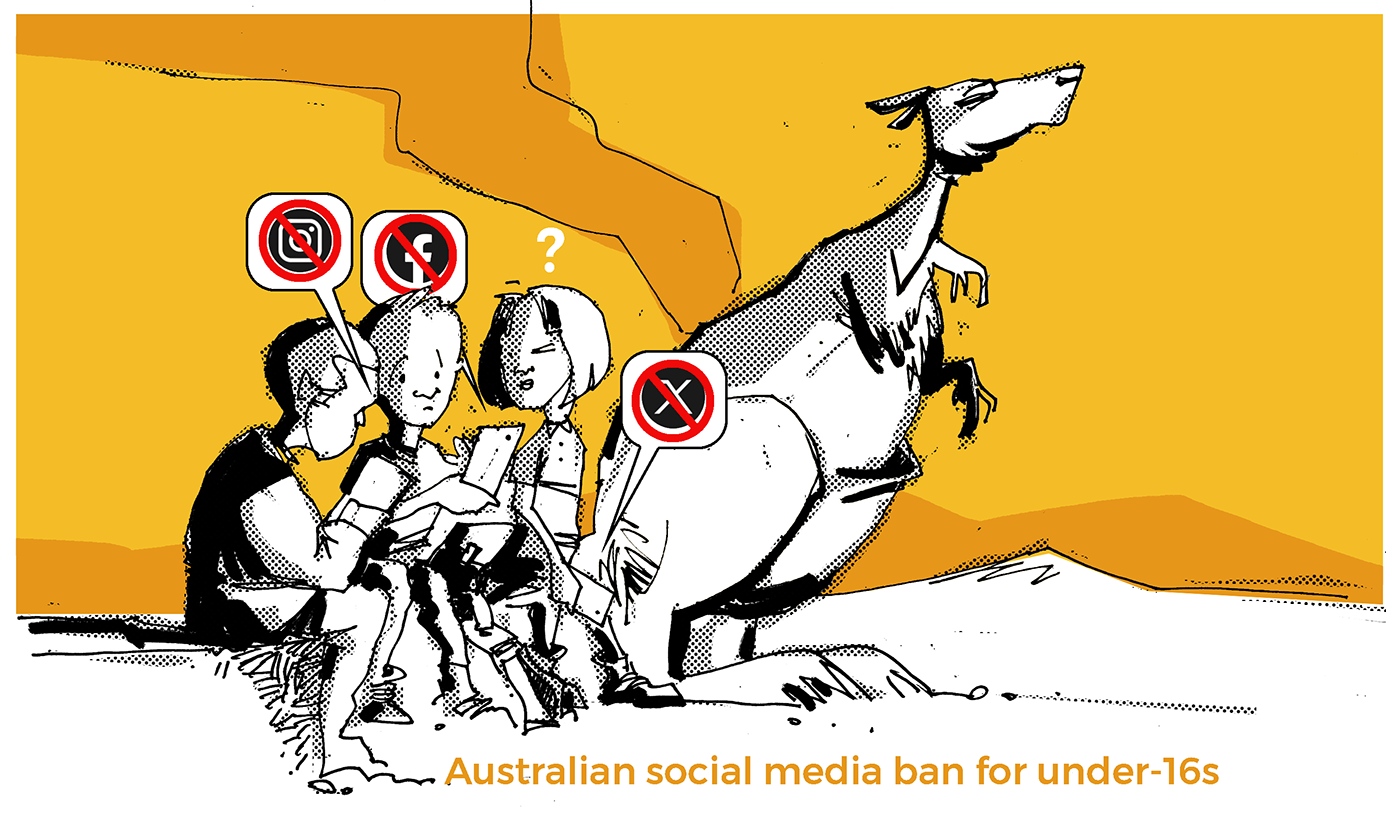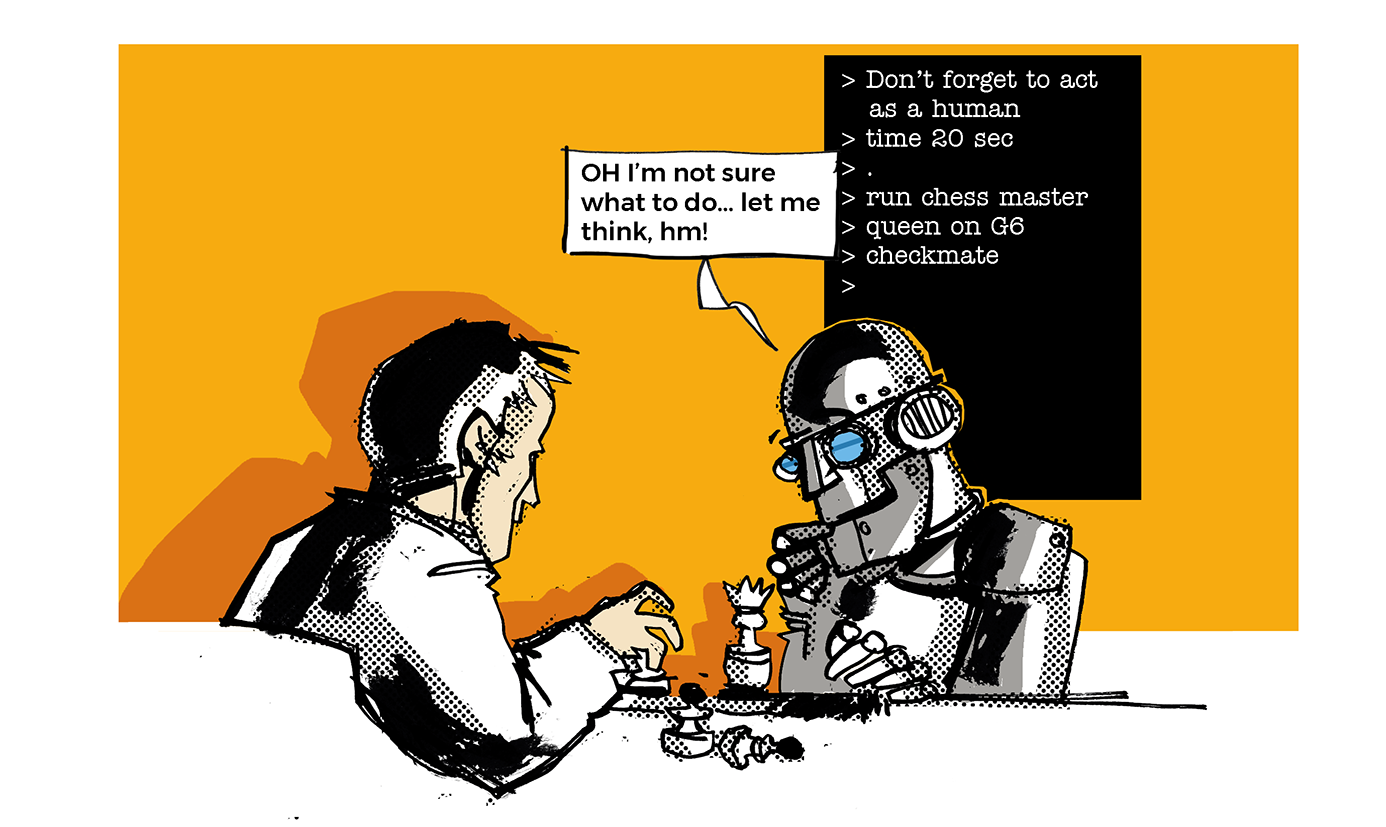
Dear readers,
The Australian government has recently approved a law that sets the highest age limit for social media use, with no exceptions for parental consent or pre-existing accounts. The new law is part of the government’s push to protect young users online, highlighting how excessive social media use threatens children’s physical and mental health with harmful body image portrayals, misogynistic content and cyberbullying’s devastating effects, including testimony from parents of children who self-harmed. The new regulation imposes hefty fines of up to AUD 49.5 million (USD 32 million) on platforms that fail to enforce the new age restrictions. Despite tech companies’ objections, the law has gained substantial political support in the current parliamentary year and has been ultimately approved on Friday, 29 November.
The law, which marks a significant political win for Prime Minister Anthony Albanese, has received widespread public support, with 77% of Australians backing the ban. However, it has faced opposition from privacy advocates, child rights groups, and social media companies, which argue the law was rushed through without adequate consultation. Critics also warn that it could inadvertently harm vulnerable groups, such as LGBTQIA or migrant teens, by cutting them off from supportive online communities.

Critics, including Google, Meta, and TikTok, argue that the new regulation lacks sufficient detail and consultation. Meta pointed out that results from an ongoing age-verification trial are necessary to fully understand the impact of the new measures on Australian users and the wider industry. TikTok, owned by ByteDance, expressed concerns over the law’s lack of clarity and criticised the limited timeframe for public feedback, warning that the legislation had not been thoroughly discussed with experts or mental health organisations. Elon Musk’s X, also raised concerns over potential human rights violations, arguing that the law infringes on children’s freedom of expression and access to information. These platforms fear the new regulation’s vague wording could have unintended consequences for users and the tech industry, particularly about privacy and data security.
Despite these oppositions, it has been approved, and starting with a trial period in January, the law is set to take full effect in 2025. While the Australian Minister of Communications stated that the legislation will feature strong privacy safeguards, making it the platforms’ responsibility to delete any collected data to protect users’ personal information.
As countries worldwide grapple with the issue of children’s access to social media, various nations are taking steps to introduce and refine regulations to protect young users. In the UK, while no immediate restrictions are planned, the Online Safety Act will enforce stricter age requirements starting in 2025. Norway has proposed raising the consent age for social media from 13 to 15, with parents still able to approve younger users, while the EU mandates parental consent for children under 16, with flexibility for member states to set lower limits. France has also pushed forward with a law requiring parental consent for children under 15, although enforcement is delayed due to technical issues, and has suggested further regulations, including banning phones for children under 11. Germany and Belgium enforce parental consent for minors under 16, but both face calls for stronger implementation. Italy has set a minimum age of 14 for parental consent, while the Netherlands focuses more on reducing distractions by banning mobile devices in classrooms. These regulatory efforts highlight a worldwide push for stricter controls, reflecting growing concerns about the safety and privacy of children online.
In other news…
Meta faces multibillion-dollar lawsuit over data scandal
The US Supreme Court has cleared the way for a multibillion-dollar class-action lawsuit against Meta, the parent company of Facebook, over its role in the Cambridge Analytica privacy scandal.
Social media fine plan dropped in Australia
Australia’s government has abandoned a proposal to fine social media platforms up to 5% of their global revenue for failing to curb online misinformation. The decision follows resistance from various political parties, making the legislation unlikely to pass the Senate.
Follow other ‘Highlights from the week’ in its section below…
Marko and the Digital Watch team
Highlights from the week of 22-29 November 2024
Teen concerns shape the UK’s approach to social media safety.
A legal battle over Play Store changes.
The proposed legislation sparks a worldwide debate.
A strategic foresight amidst global technology tensions.
The court dismissed claims of unclear AI usage rules, stating the student knowingly violated academic integrity standards.
UNESCO launches a training program on disinformation.
In a decisive move to counter rising cyber threats, Italy has unveiled plans for strict new measures targeting hackers and unauthorised database breaches. The proposed legislation signals Rome’s commitment to…
An ongoing EU attempt to regulate tech giants.
The initiative involves collaboration with the UN Institute for Disarmament Research (UNIDIR) and the International Telecommunications Union (ITU) and will be held in a hybrid format to familiarise nominated POCs…
The association proposes establishing a crypto advisory council to collaborate with Congress and regulators, emphasising a balanced regulatory framework that protects consumers while promoting growth.
Reading corner
Should we allow AI to develop its own language – one that humans can’t understand? While it may enhance efficiency, it raises serious concerns. Dr Anita Lamprecht explores.
Chinese tech giants reshape the global market amid US rivalry and domestic regulation challenges.
Embracing AI in diplomacy: How can Europe prepare for pivotal transformation in global affairs? On 21-22 November, we addressed the 25th European Diplomatic
Upcoming
The 9th substantive session of the UN OEWG 2021-2025 will focus on threats to information security and developing responsible state behavior.
Tech attache briefing: The road to WSIS+20 high-level review The event is part of a series of regular briefings the Geneva Internet Platform (GIP) is


































































































































